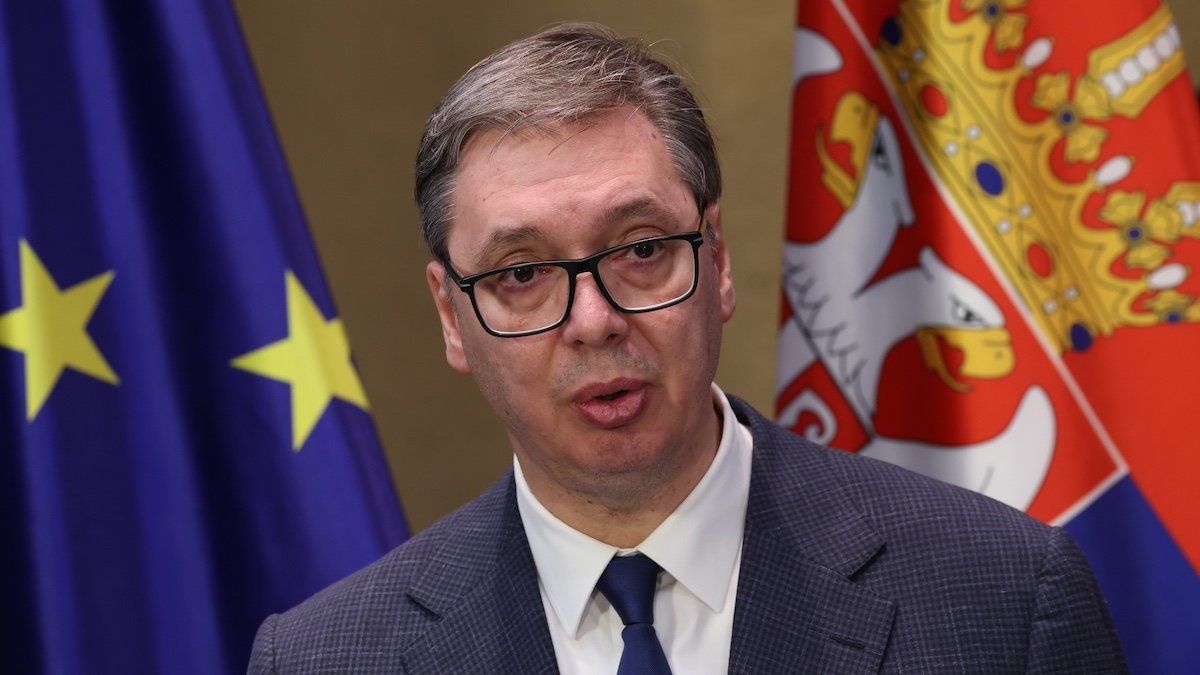Serbian president name-checks Assad, vows not to flee amid protests
Serbian President Aleksandar Vučić on Tuesday said he would not flee in the face of demonstrations against his administration. “If they think I’m Assad, and that I’ll run away somewhere, I will not,” he said. Comparing oneself to the brutal Syrian ex-strongman wasn’t great PR – though in fairness, no one is accusing Vučić of gassing children or torturing civilians like Assad – and many Serbians are protesting persistent corruption in Belgrade.
The most recent wave of unrest started with a roof collapse at a train station that killed 15 people in the city of Novi Sad on Nov. 1. Opposition leaders seized on the tragedy to accuse Vučić’s ruling coalition of nepotism and graft that led to corners being cut on public construction projects, leaving them dangerously shoddy. The station in Novi Sad had been renovated as part of a wide deal with Chinese state companies to upgrade Serbian infrastructure.
Every Friday, protesters now blockade streets in Belgrade, Novi Sad, and other major cities, some holding signs accusing Vučić of corruption and portraying him with blood on his hands, and thousands turned out to mark the one-month anniversary of the collapse. Police have fired tear gas at demonstrators, and pro-government groups have attempted to escalate peaceful protests.
Will Vučić stick to his word? Probably. He’s weathered prolonged popular unrest before, including just last year. More than five months of demonstrations following a series of mass shootings managed to push out a few underlings, but not Vučić. We’re watching for a sacrificial lamb.
